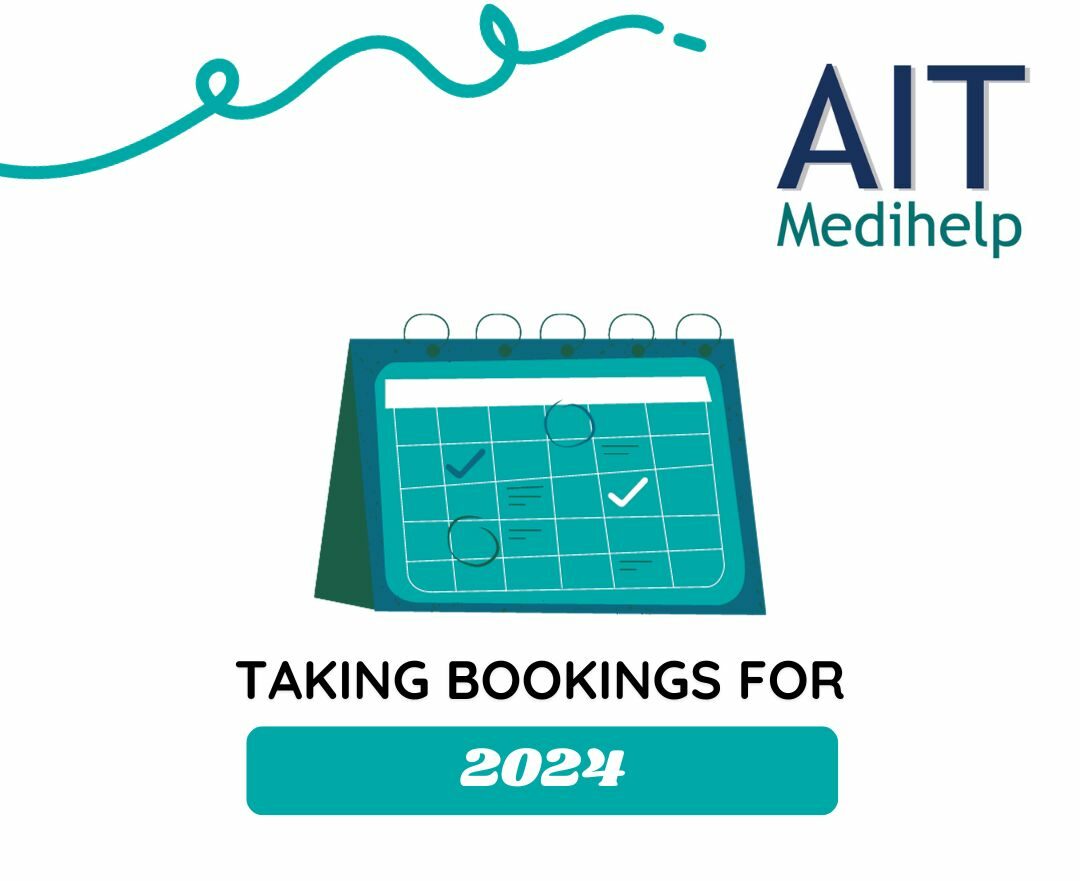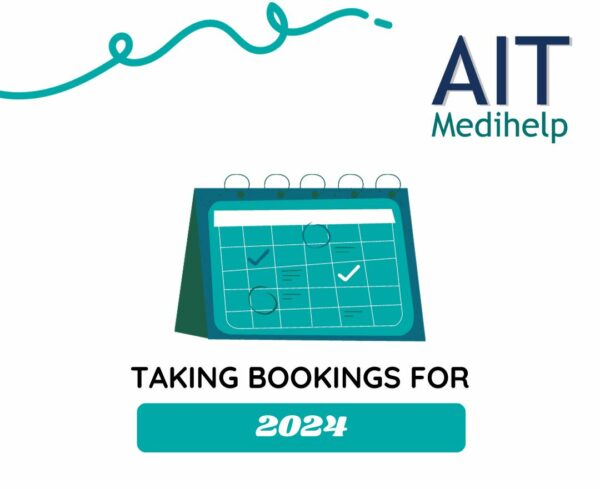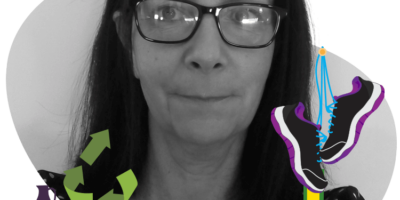
November 2023 Newsletter
Date Published: 13 February 2024November 2023
Welcome to the November edition of our newsletter! We are thrilled to share some exciting updates with you. First and foremost, our newly launched PRN Protocol course has taken off with remarkable success, and feedback from this course has been incredible. We’re booked out now for our face to face training courses for the rest of the year (yay) however, fear not if you missed out, as our e-learning courses are still available for booking and are ready to kickstart your learning journey right away.
Our books for 2024 are now open for classroom face-to-face courses – so get in touch to secure your place!

As always, we are one email, phone call or message away. So get in contact today to see how, where and when we can AIT Medihelp you!
![]()
The Importance of Vitamin D
Vitamin D plays a vital role in regulating the levels of calcium and phosphate in the body, which are essential for maintaining healthy bones, teeth, and muscles.
You can obtain vitamin D from various sources, including certain foods such as oily fish (salmon, sardines, herring, mackerel), red meat, liver, egg yolks, and fortified products like fat spreads and breakfast cereals. Alternatively, you can opt for dietary supplements.
From April to September, most individuals can generate sufficient vitamin D through sunlight exposure and a balanced diet. However, during the autumn and winter months in the UK, the sun’s intensity is insufficient for the body to produce the required amount of vitamin D.
As a result, the government recommends that everyone consider taking a daily vitamin D supplement of 10 micrograms (equivalent to 400 units).
Certain groups, such as those at higher risk of vitamin D deficiency, including frail individuals, housebound individuals, and residents of care homes, may need a daily supplement throughout the year. If your healthcare provider has advised a different vitamin D dosage, be sure to follow their recommendations.
Always remember to protect your skin when spending extended periods in the sun to reduce the risk of skin damage and skin cancer.






